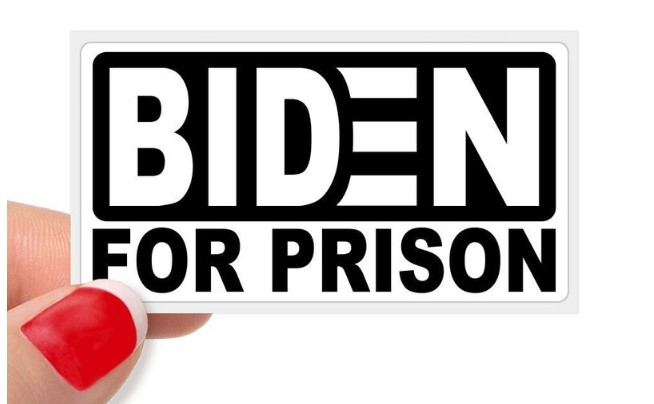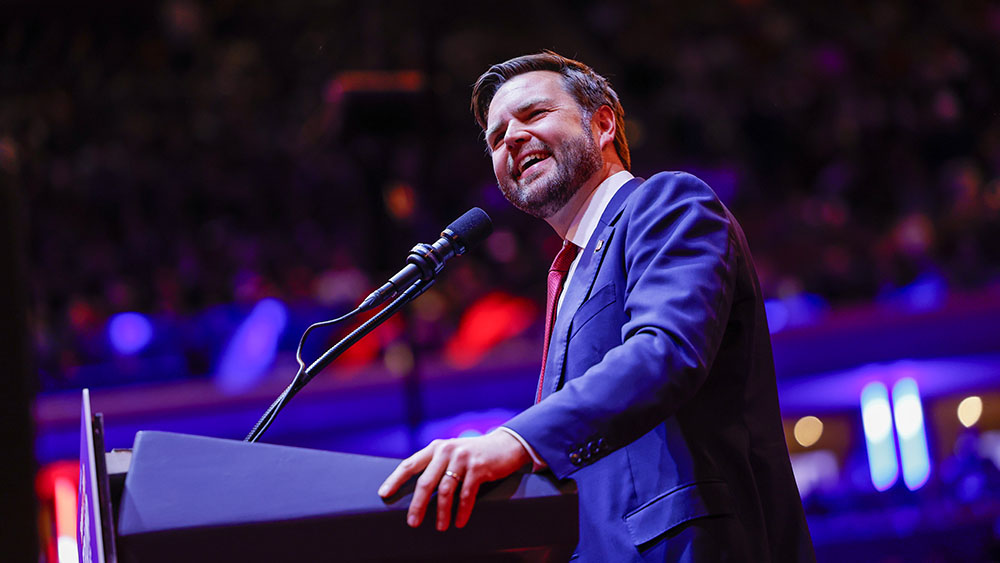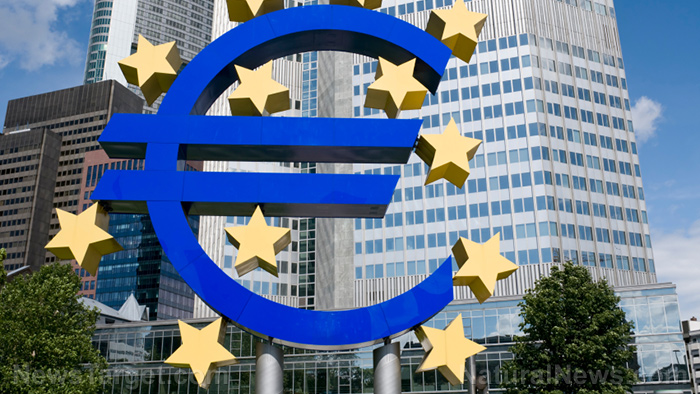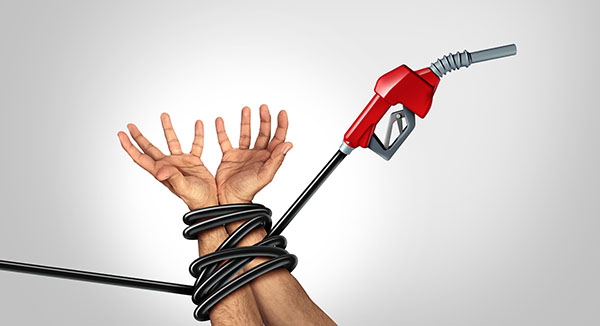Supreme Court faces mounting pressure as Trump's "shock and awe" E.O.s spark constitutional showdowns
By willowt // 2025-02-10
Tweet
Share
Copy
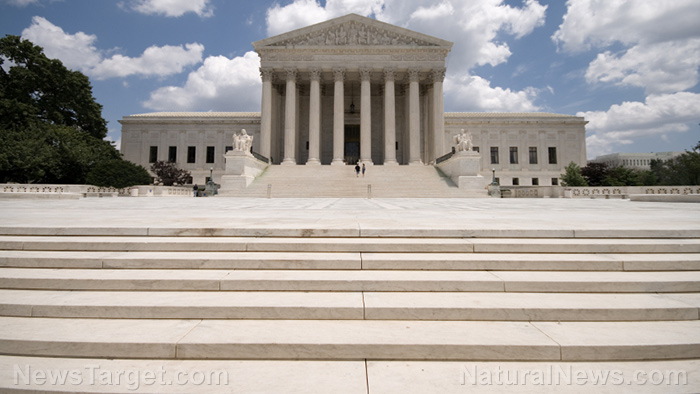
- President Trump's second term begins with a series of executive actions that challenge the limits of presidential power, sparking legal challenges and debates about the separation of powers.
- The Supreme Court, with a conservative majority of 6-3, faces the task of upholding or curbing Trump's expansive view of executive power, which goes beyond precedent set by previous administrations.
- Trump's attempts to restrict birthright citizenship, withhold congressionally appropriated funds, and remove independent federal agencies' heads have been met with legal challenges in lower courts, particularly regarding the 14th Amendment's guarantee of citizenship.
- The Supreme Court's recent rulings, including granting former presidents broad immunity from prosecution, indicate a willingness to expand presidential power, raising concerns among legal scholars and civil rights advocates.
- The outcome of the legal battles will have significant implications for American democracy, as it will define the scope of presidential power and set precedents for the balance of power between the executive and legislative branches.
Trump’s radical executive actions: Testing the limits
Since his inauguration on January 20, President Trump has issued a series of executive orders that have sparked widespread legal challenges. These actions include attempts to restrict birthright citizenship, withhold congressionally appropriated funds, and remove heads of independent federal agencies. According to Dean Erwin Chemerinsky of the University of California Berkeley School of Law, "The unifying theme is an extreme view of presidential power unlike anything we have seen before." One of the most contentious issues is Trump's effort to narrow birthright citizenship by directing U.S. agencies to refuse to recognize the citizenship of children born in the United States to non-citizen parents. This move has been blocked by lower courts, which have cited the 14th Amendment's guarantee of citizenship to all persons born on U.S. soil. "The original understanding of the 14th Amendment, and subsequent Supreme Court opinions and government practice, require that everyone born in the United States become a citizen," said John Yoo, a professor at UC Berkeley School of Law who served in the George W. Bush administration. However, the Supreme Court’s conservative majority, which includes three Trump appointees, could potentially reinterpret the 1898 decision in United States v. Wong Kim Ark, which has long been understood to affirm birthright citizenship. This possibility has raised concerns among legal scholars and civil rights advocates.The role of the Supreme Court
The Supreme Court has historically served as a critical check on executive overreach. However, the current conservative majority, shaped by Trump’s judicial picks, has already shown a willingness to expand presidential power. In 2022, the court issued a ruling that granted former presidents broad immunity from prosecution for official acts taken in office, a decision that could have significant implications for Trump's current actions. Harvard Law Professor Mark Tushnet noted, "The Trump administration is gambling that the court won't be an effective firewall, and the administration has decent odds on its side." This gamble is based on the court’s recent decisions that have moved U.S. law steadily to the right, including rulings on abortion, gun rights and affirmative action.Lower courts and the path to the Supreme Court
Lower courts have already begun to push back against Trump’s alleged executive overreach. Seattle-based U.S. District Judge John Coughenour issued a nationwide injunction against Trump’s birthright citizenship order, stating, "It has become ever more apparent that to our president the rule of law is but an impediment to his policy goals. The rule of law is, according to him, something to navigate around or simply ignore, whether that be for political or personal gain." Other legal challenges include Trump's efforts to unilaterally shut down federal government agencies and his attempt to cut off federal spending appropriated by Congress. Boston University School of Law Professor Robert Tsai predicts that the Supreme Court will likely rule against Trump on these issues, citing the Constitution’s separation of powers and federal law.Historical context: Echoes of the past
The current legal battles echo historical precedents where the executive branch has tested the limits of its power. For instance, President Franklin D. Roosevelt’s New Deal faced numerous legal challenges in the 1930s, leading to significant Supreme Court decisions that shaped the modern understanding of federal authority. More recently, President George W. Bush’s executive actions in the wake of the 9/11 attacks, including the establishment of military tribunals and enhanced surveillance programs, were met with legal scrutiny. The Supreme Court ultimately limited some of these powers, reinforcing the importance of judicial checks on executive authority.A test of American democracy
As the Supreme Court prepares to hear cases that could define the scope of presidential power, the outcome will have far-reaching implications for American democracy. The court’s decisions will not only determine the validity of Trump’s recent actions but also set precedents that could shape the balance of power between the executive and legislative branches for years to come. "The next few months will be a critical test of whether the Supreme Court will uphold the Constitution or allow the executive branch to overstep its bounds," said University of Illinois Chicago law professor Steve Schwinn. "The rule of law hangs in the balance." As the legal battles intensify, the eyes of the nation will be on the Supreme Court, watching to see if it can serve as the effective firewall against executive overreach that many hope it will be. Sources include: Reuters.com Vox.com Axios.comTweet
Share
Copy
Tagged Under:
national security politics Trump civil rights border security federal government intolerance big government checks and balances executive orders Supreme Court resist left cult legal challenges executive power executive actions migants
You Might Also Like
Vance slams Europe’s “Orwellian” speech laws, warns of strained U.S.-EU relations
By Cassie B. // Share
Here’s why capital is fleeing Europe… And why the climate scam is to blame
By News Editors // Share
Recent News
Reporter faces backlash for warning illegal immigrants of ICE raids
By lauraharris // Share
EU to ban privacy cryptocurrencies and anonymous accounts by 2027 under new AML rules
By lauraharris // Share

